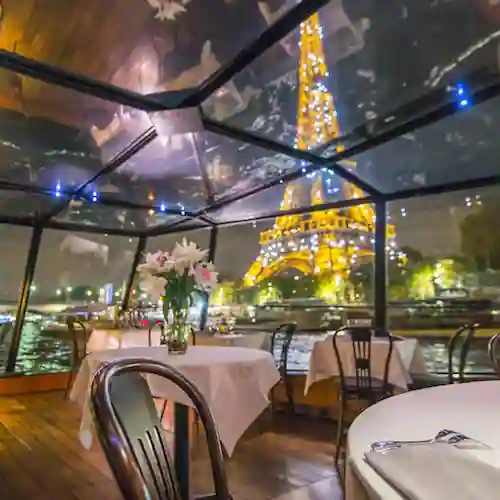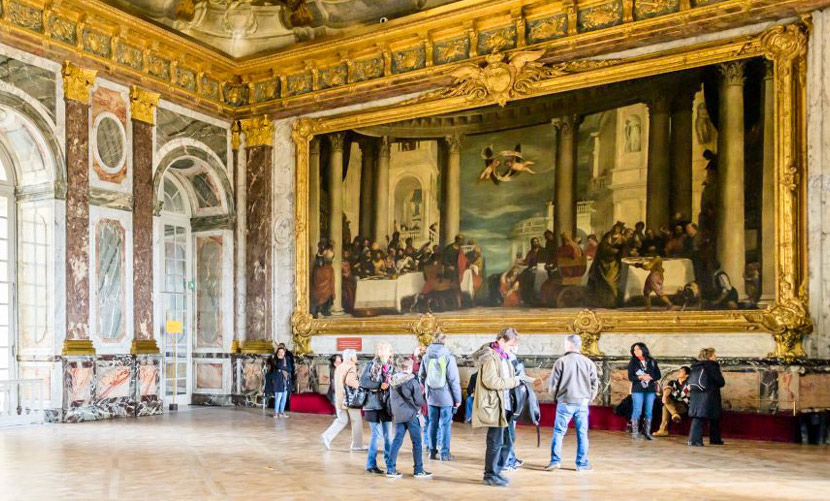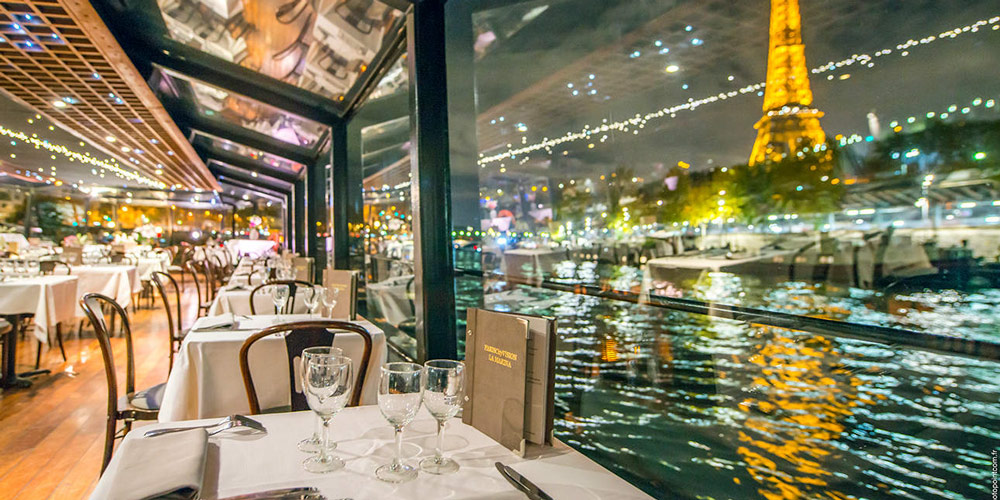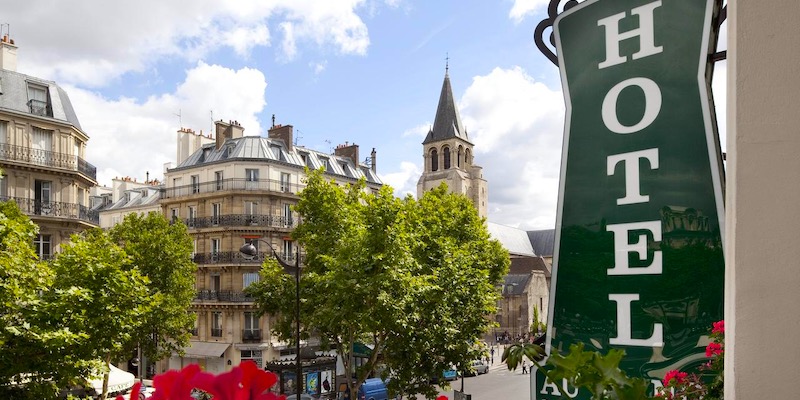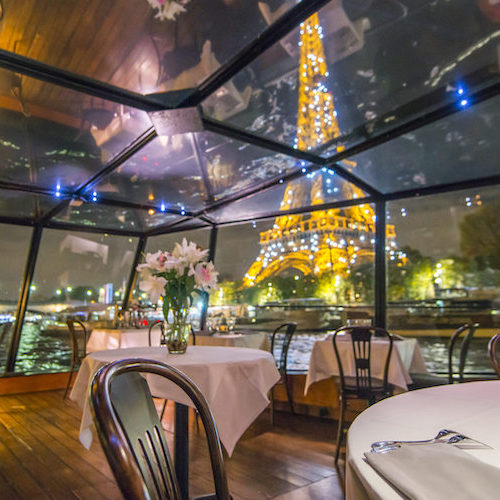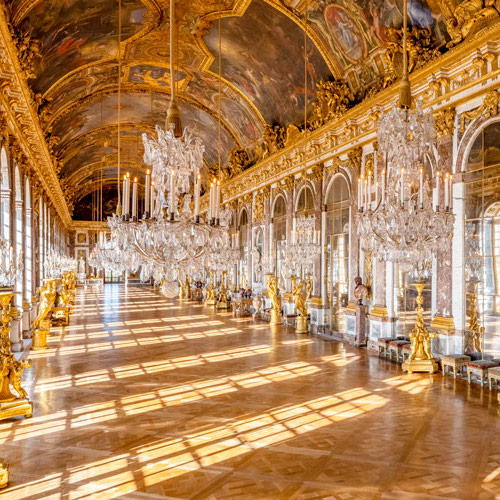Gare d'Austerlitz In Paris – Connecting To Points South & Southwest
Gare d'Austerlitz, one of the six train stations of Paris, is located at the northernmost tip of the 13th Arrondissement, right across from the Jardin des Plantes (which is in the 5th Arrondissement) on the banks of the Seine. The station has traditionally served the central part of France located due south from Paris, right down to the Spanish border — Orléans, Limoges, Cahors.
![]()
Our Top-Rated Paris Experiences
21st Century Renovation
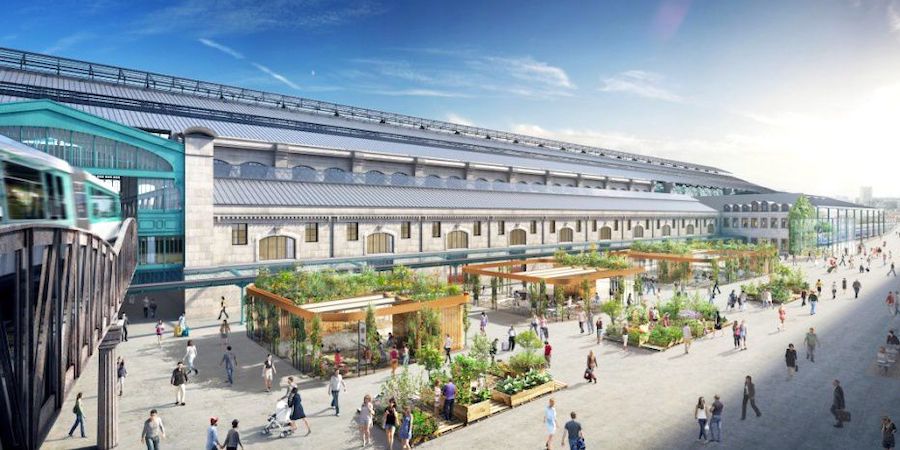 Gare d'Austerlitz and environs after the renovation
Gare d'Austerlitz and environs after the renovation
A €290 million expansion and restoration of the station (2016-2022) added four new platforms and refurbished all the existing tracks. The station now has room for the high-speed trains that service the Lyons region (LGV Sud-Est) and trains that go southwest to Le Mans and Tours (LGV Atlantique), taking some of the rail burden from the busier Gare de Lyon and Gare Montparnasse. The number of travellers passing through Gare d'Austerlitz will grow from 23 million pre-renovation to 53 million in 2030
History of Gare d'Austerlitz
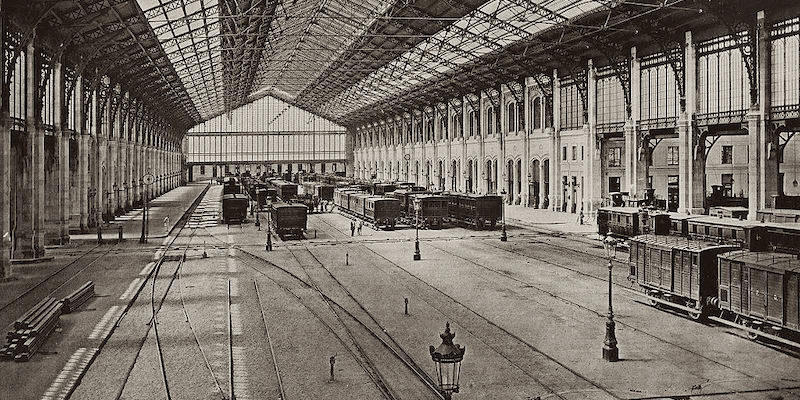 The main hall at Gare d'Austerlitz in 1883
The main hall at Gare d'Austerlitz in 1883
Gare d'Austerlitz began life as main station for the Paris-to-Orléans Railway Company and was therefore originally called Gare d'Orléans. The current name comes from Napoleon Bonaparte's 1805 victory in the Battle of Austerlitz over Alexandre I of Russian and Francis II of the Holy Roman Empire. (The gare is only indirectly named for the battle. It's named for the bridge that was named for the battle.)
Here in the 13th Arrondissement, the 19th-century train mania began in 1838 when the first rail platform was built just behind the current location. Train travel was so quickly taken up by the French that, as with all the other Paris stations, Gare d'Austerlitz proved to be too small within a few years and by 1846 it had already been expanded. Then once again, between 1862 and 1869, the station was demolished and rebuilt. That new station, the bones of today's Gare d'Austerlitz, included an arrival and departure pavilion, a restaurant pavilion, as well as the offices for the Paris-Orléans railway.
At the time, the massive iron hall, 51 metres(168 ft) wide and 280 metres (920 ft) long, was the second largest in France. Historical tidbit — during the siege of Paris (Franco-Prussian War of 1870), when no trains were running, the vast space was converted into a factory making gas balloons that could carry people and cargo over the besieging Prussian army.
![]()
|
Paris Dinner Cruises on the Seine Dine in style as you glide past the Eiffel Tower, Notre-Dame, and the Louvre on a magical Seine River cruise. Gourmet food, champagne, and Paris lit up at night – it’s unforgettable. |
|
Paris Dinner Cruises on the Seine Dine in style as you glide past the Eiffel Tower, Notre-Dame, and the Louvre on a magical Seine River cruise. Gourmet food, champagne, and Paris lit up at night – it’s unforgettable. |
Reaching Out to the Southwest
 Gare d'Austerlitz neighborhood, post renovation
Gare d'Austerlitz neighborhood, post renovation
A massive rehabilitation of Gare d'Austerlitz also profoundly transformed the face of its neighborhood. Over the decades the station and the surrounding area slumped into a certain shabbiness. At the same time, an increased demand for rail service in France caused not only Austerlitz but other Paris gares to become overcrowded.
The 21st-century project renovated the station and increased the number of tracks, making Austerlitz able to receive overload traffic currently flowing to Gare de Lyon and Gare Montparnasse and adding extra service to passengers heading to southwest France.
In addition to renovating the station itself and passenger access, the unattractive surrounding area is being transformed, creating green space, housing, a student residence, offices and shops. Public areas — for travelers and residents alike — are doubling in size and there will be an 8,000 square-meter extension of a garden at Square Marie Curie, next door. As we said, it's massive!
![]()
|
From Paris to Provence, Burgundy to Bordeaux, find hotel deals with current sale prices. Save up to 20% in cities, villages, beach towns, and storybook countryside escapes. |
|
Discover today's sale prices on hotel rooms in every village & city in France. Save up to 20%. Find hotels in Paris, Burgundy, Provence, the Loire Valley, Normandy, and everywhere else! |
You Can Get There From Here
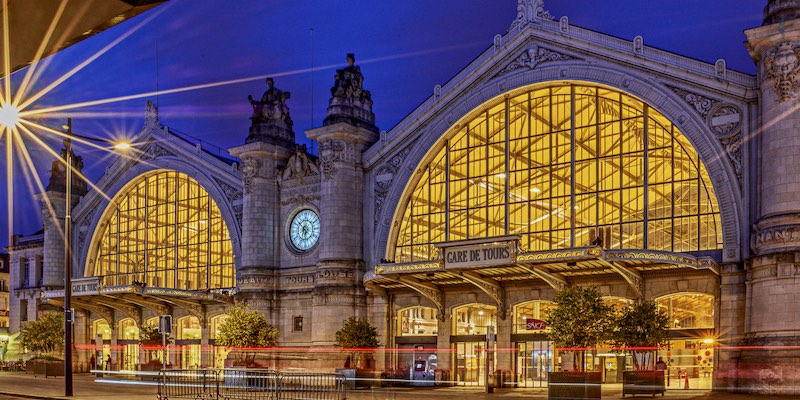 Gare de Tours in the city of Tours
Gare de Tours in the city of Tours
With the expansion and addition of extra tracks, Gare d'Austerlitz will become a terminus for high-speed trains running to southwest France serving centers such as Le Mans and the Loire Region, Tours in the region of Centre-Val de Loire and (we hear) Royan on the Atlantic Coast.
Gare d'Austerlitz will continue to be the gare you'll depart from if you're heading south from Paris, to places like Limoges, Orleans, Bourges, Tours, the Vendôme, Briançon, Brive, Cahors, and Cerbère on the Mediterranean. The gare is also connected to the Paris Metro lines 5 and 10, RER line C, and numerous Intercité lines serving Île de France commuters.
![]()
Nighttime in Paris
|
VIP Dinner Cruise with Bateaux Parisiens |
Dinner & Cabaret at the Moulin Rouge |
|
Dinner & Cabaret at the Moulin Rouge |
Gare d'Austerlitz in the Arts
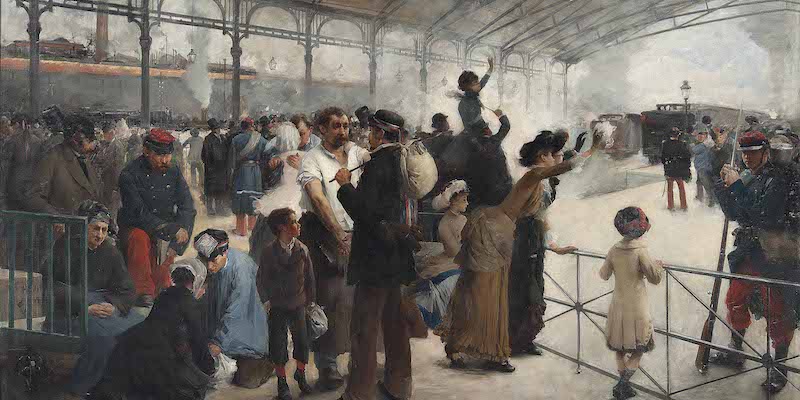 Gare Saint Lazare by Paul-Louis Delance
Gare Saint Lazare by Paul-Louis Delance
While Impressionist master Claude Monet captured the monumental proportions of Gare Saint Lazare in a famous series of paintings, French artist Paul-Louis Delance (1848-1924) focused his attention on the human aspect of Gare Saint Lazare. Here he shows a family saying their goodbyes at the station.
![]()
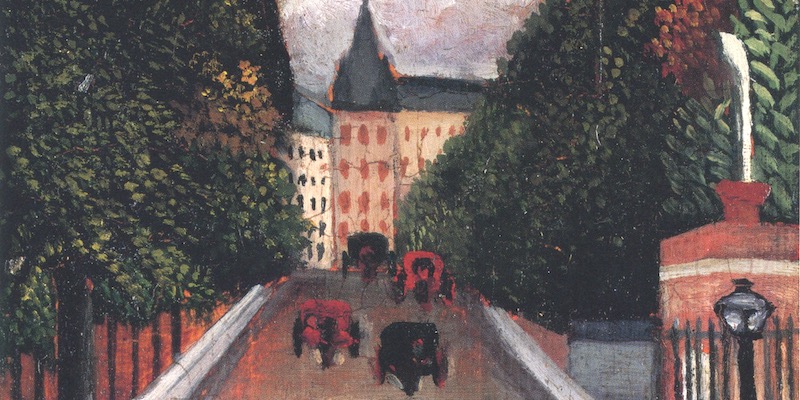 View from the Left of La Gare d'Austerlitz, Henri Rousseau
View from the Left of La Gare d'Austerlitz, Henri Rousseau
To turn to something completely different — before he devoted himself to painting jungles and tigers, Henri Rousseau produced View from the Left of La Gare d'Austerlitz, a childlike impression of Gare d'Austerlitz at the turn of the 20th century. Even the carriages look like lumbering elephants. Or something.
![]()
|
Escape to the Land of Bubbly on a small-group day tour from Paris. Taste at top Champagne houses, meet boutique producers, enjoy a leisurely lunch, and toast to a perfectly sparkling day. |
|
Escape to the Land of Bubbly on a small-group day tour from Paris. Taste at top Champagne houses, meet boutique producers, enjoy a leisurely lunch, and toast to a perfectly sparkling day. |
Gare d'Austerlitz Resources
 Concept drawing of the Gare d'Austerlitz area, post renovation
Concept drawing of the Gare d'Austerlitz area, post renovation
- 85 Quai d'Austerlitz
- 13th Arrondissement
- Metro lines 5 & 10
- RER C
- How to Purchase French Rail Tickets…
Paris Planning Guides
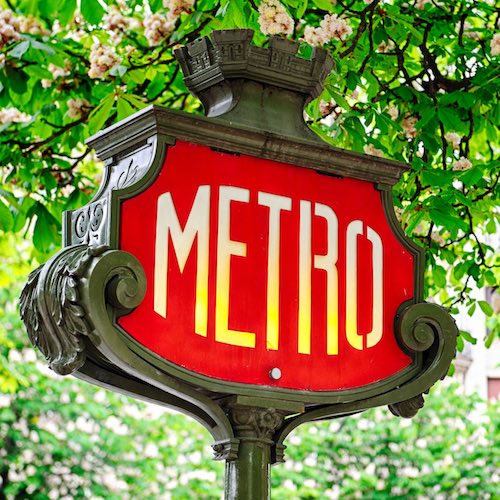 Paris Metro Guide
Paris Metro Guide |
 Book an Airport Transfer
Book an Airport Transfer |
 Latin Quarter Hotels
Latin Quarter Hotels |
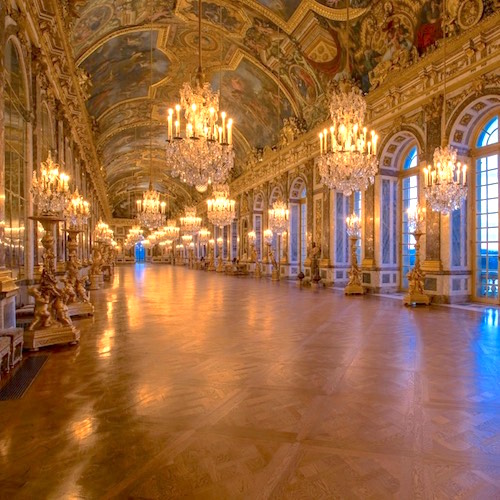 Visiting Versailles
Visiting Versailles |




